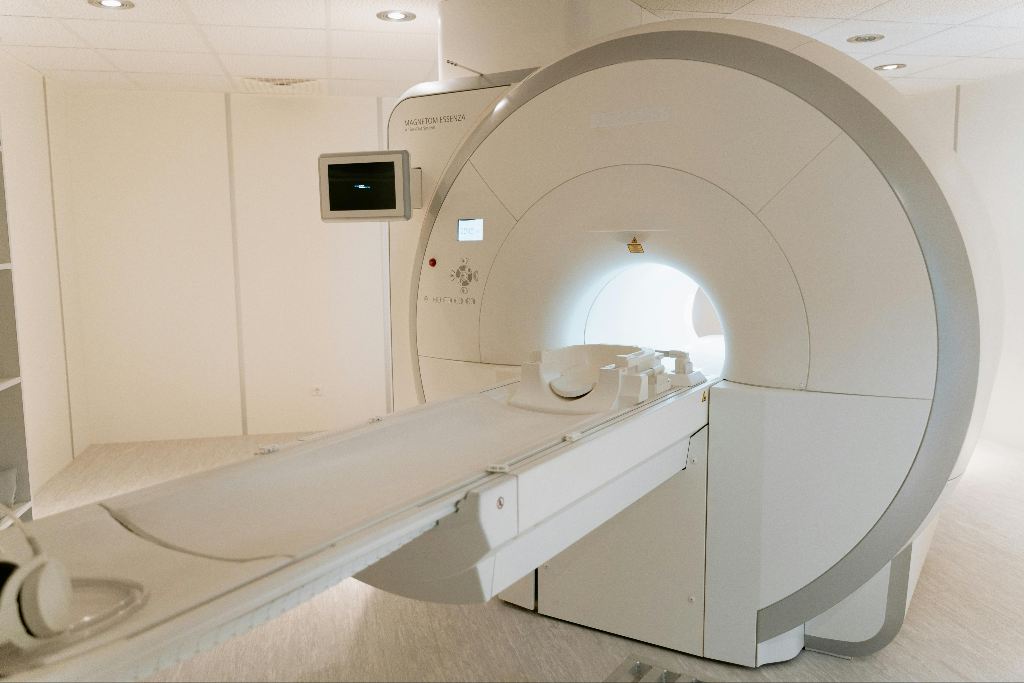Experiencing a headache in the wake of a car accident is very common- sometimes the stress alone is enough to bring on some discomfort. However, headaches can also be a sign of numerous severe injuries and should be taken seriously. Car accidents can cause “hidden injuries” that are not visible to the naked eye and need to be diagnosed by medical professionals. This is why it’s important to seek whiplash treatment and have any headaches evaluated as soon as they become apparent. The headache may not begin for hours or days following your accident, but can still be related and require attention as they may indicate some of the following conditions.
Traumatic Brain Injury (TBI)
A traumatic brain injury occurs when the brain is damaged by some sort of external force, which is very common during a car accident. When your car is hit, your head may hit one of the hard surfaces surrounding you in the car, and this blow to the head can cause damage. Hitting your head on the steering wheel, window, another passenger, or dashboard are all common. You may also sustain a TBI when the brain moves suddenly within your skull and hits against the hard bone. Even if you don’t think whiplash treatment is necessary, it’s always best to err on the side of caution.
A concussion is the most common form of traumatic brain injury as well as one of the mildest. However, it can be hard to tell if you are suffering a concussion or a more serious injury, so headaches should always be examined by a doctor. Without treatment, brain injuries can worsen over time.
Head injuries are often indicated by symptoms beyond a headache. Loss of consciousness and dizziness at the scene are common, and over time you may begin to notice cognitive issues. A loss in memory, trouble concentrating, or sleeping issues are all common signs of a head injury.
Whiplash
Whiplash is actually damage to the neck tissue- however, it is the most common cause of headaches after an accident. Because the nerves, muscles, and tendons near the neck are impacted by whiplash, they can become inflamed, which leads to a headache. A whiplash-induced headache will likely start in your neck and radiate upwards, with pain being worse in your head.
Headaches brought on by whiplash can be throbbing and dull throughout the day, or severe short bursts of pain. In most cases, the headaches will subside with proper whiplash treatment and are not cause for further concern. This whiplash treatment can also help to rule out any brain injuries that also occurred.
When whiplash occurs, there is a higher possibility that the brain was actually moved violently as well, which is a risk factor for TBIs. Even if you believe your headache is whiplash related, you should always report the symptom immediately in case your brain sustained independent damage during movement.
Skull Fractures
A skull fracture is a rarer cause of headaches, but one that can be fatal and needs to be taken seriously. Typically, skull fractures lead to internal bleeding, which can cause brain injuries and permanent damage. A hard blow to the head can cause a fracture like this- especially if your head hits a hard surface as a result of your accident. If the skull does fracture, a piece of the bone can penetrate your brain, a potentially fatal occurrence.
If your headache is accompanied by facial bruising, blood coming from the ear, or swelling in the head, this may indicate a skull fracture. These symptoms mean you are in need of urgent care, where you will likely undergo imaging to determine the place of fracture and plan for immediate treatment.
Stress-Related Conditions
There are a number of other reasons you may be experiencing a headache. The stress of an accident can cause headaches, which may even develop into a more serious issue. Some people experience hypertension, or a spike in blood pressure, as a result of their accident. Hypertension can cause blood in your head to build up, causing severe headaches that are not aided by traditional pain medication.
For some, stress headaches can evolve into post-traumatic headaches, which can have a negative influence on your mood. These headaches may be accompanied by a loss of appetite, scalp sensitivity, and trouble sleeping. Treating your mental health can also be important to reducing the pain of headaches.
If you have recently been in a car accident and are having headaches, do not assume they are normal for someone in your position. Contact us today at AICA Orthopedics. We will be able to evaluate your symptoms to determine what may be causing your headaches and provide excellent whiplash treatment if need be. With this determination, our multidisciplinary team can develop a treatment plan specific to your injuries, allowing us to reduce your pain and stress.





